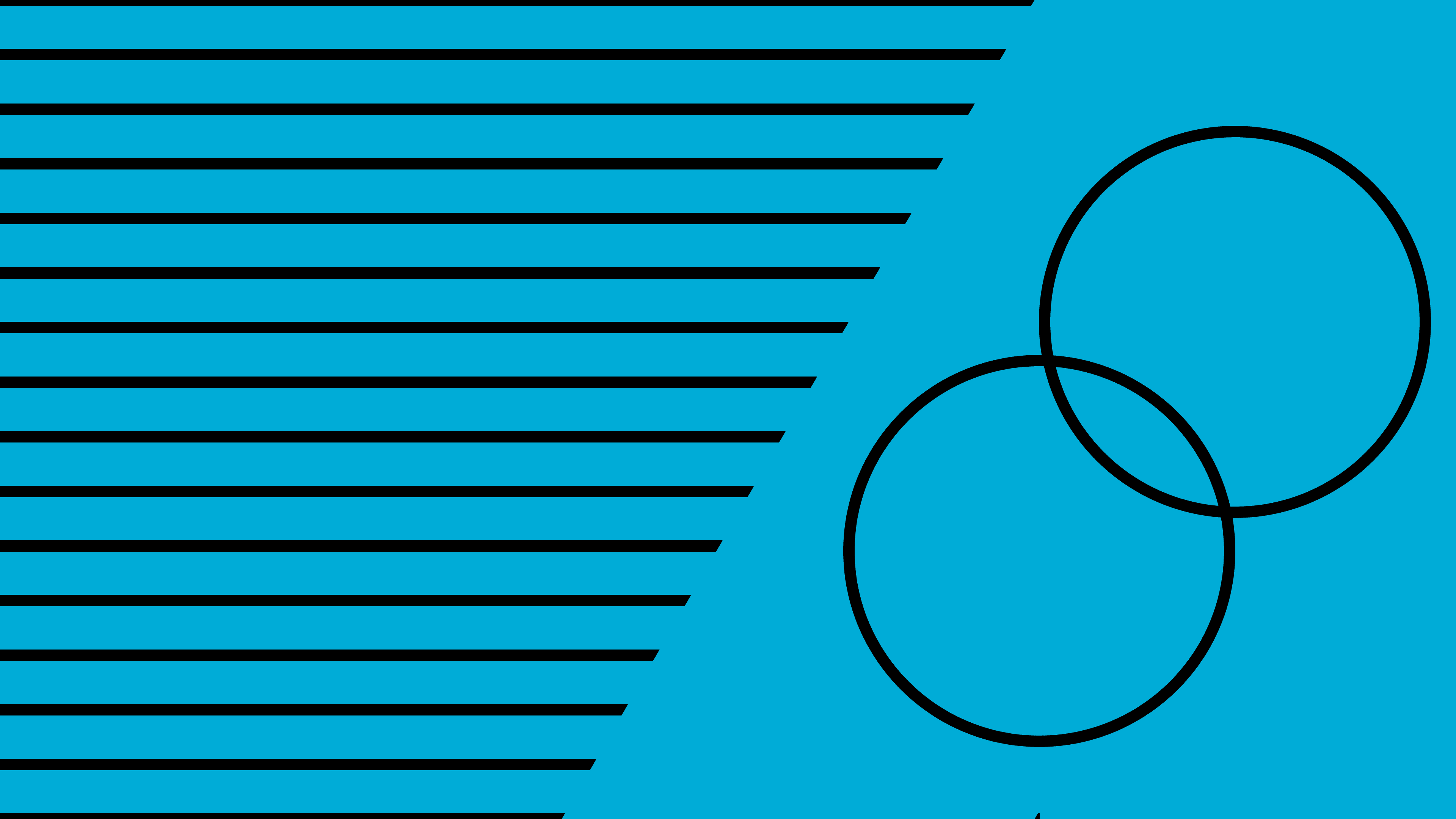How to Maintain Your Skills as a Developer
Tech is always changing and new languages and frameworks are always emerging. Here are 4 tips for staying sharp and keeping up with industry changes.


It’s no secret that the tech industry is always changing. New frameworks are always emerging and new features are constantly being added to the languages and frameworks that already exist. This can be exciting but sometimes it can be hard to keep up. Some people work in environments that don’t welcome change. Not everyone’s team is looking to implement the latest innovation.
Zachariah, CEO and CTO of SquadCast, had this experience. In episode 3 of the Version One podcast, he talked about an experience he had early on in his career. He was in a position that didn’t allow for much growth. So how was he able to keep his coding skills up to par?
So what I did was I used that time to contribute to open source projects, research, sharpen my skills, [to] kind of stay sharp.
As Zachariah mentioned, there are many things you can do to stay sharp. This post will explain 5 ways you can maintain and grow your coding skills.
Read other people's code
When it comes to getting better at a certain coding language or framework, we usually think that we need to work on some fancy, new project. While that isn't a bad idea, reading other people's code is another very helpful step. Reading other people's code can often be overlooked but it's a great way to familiarize yourself with new and old syntax and to test your ability to understand unfamiliar codebases.
Where can you find projects to read through? A great place to start is GitHub. Check out your favorite open source projects and products. Casually read through the code and see what you can learn. Is there a feature that you're curious about? Try to find out how it was implemented. You can also search for projects by language. If there is a language you want to brush up on, you can check out some of the most popular
Work on top of already existing code
Work on existing projects. You can find your own projects and iterate on them, adding new features or changing the structure of your code. You can also search for open source projects on GitHub. Find a project that's in a language you would like to brush up on and find an issue you can tackle. If you're not quite comfortable with making open source contributions, you can either stick to your own existing projects or read this helpful, step-by-step guide.
Working on existing code is great because it presents new challenges. You have to figure out code that may be deprecated or hard to understand, even if it’s your project. By doing this, you'll train yourself to navigate unfamiliar codebases. This is a very valuable skill to gain since oftentimes in professional settings, you’ll have to add to code that already exists instead of starting something from scratch.
Watch other people code
Watch other people code on platforms like YouTube and Twitch. Through videos and live streams, you can see other developers code and problem solve out loud. You can follow their thought pattern and see how they fix and tackle bugs and other problems in their code. There’s so much you can gain from watching this process. You can learn new syntax, learn how to approach and solve problems, and learn how to implement new features.
Do coding challenges
Try completing coding challenges and exercises. There are tons of websites out their like HackerRank and CodeWars that present problems that you have to solve with your code stack of choice. These challenges are made to be short and to the point while also forcing you to solve complex problems. They’re a great way to stay sharp and keep up with any language.
Read articles about code
There are tons of developer blogs out there. Developer blogs are full of gems. There’s so much you can learn from reading articles. If there’s a topic you want to learn more about, do a quick Google search or search on sites like dev.to for articles that can help.
Reading articles written by other developers is another way to see how other people think and problem solve. As mentioned earlier, this is invaluable and can add to your skills and knowledge. So when you come across an article that covers a topic you’re interested in, take the time to read through it. And make note of any points that stood out to you.
Conclusion
Tech moves fast but even so, growth can sometimes feel stagnant. If you feel like you’re at a stand still, try these tips. By doing these things, you’ll be able to stay sharp and grow your skills. There’s still more you can learn from Zachariah and his journey to becoming a CEO and CTO of SquadCast. Make sure to give his Version One episode a listen to find out more!



